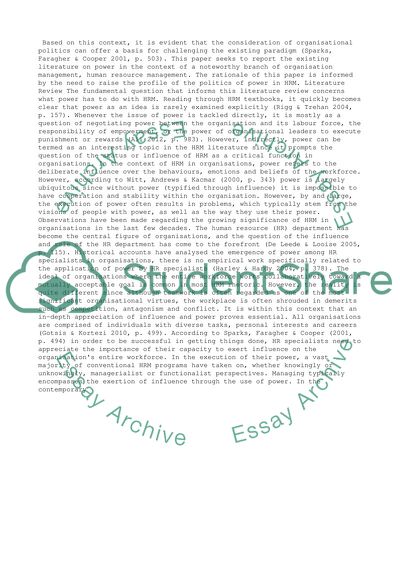Cite this document
(“Aspects of power in organisations Literature review”, n.d.)
Aspects of power in organisations Literature review. Retrieved from https://studentshare.org/business/1489650-aspects-of-power-in-organisations
Aspects of power in organisations Literature review. Retrieved from https://studentshare.org/business/1489650-aspects-of-power-in-organisations
(Aspects of Power in Organisations Literature Review)
Aspects of Power in Organisations Literature Review. https://studentshare.org/business/1489650-aspects-of-power-in-organisations.
Aspects of Power in Organisations Literature Review. https://studentshare.org/business/1489650-aspects-of-power-in-organisations.
“Aspects of Power in Organisations Literature Review”, n.d. https://studentshare.org/business/1489650-aspects-of-power-in-organisations.


